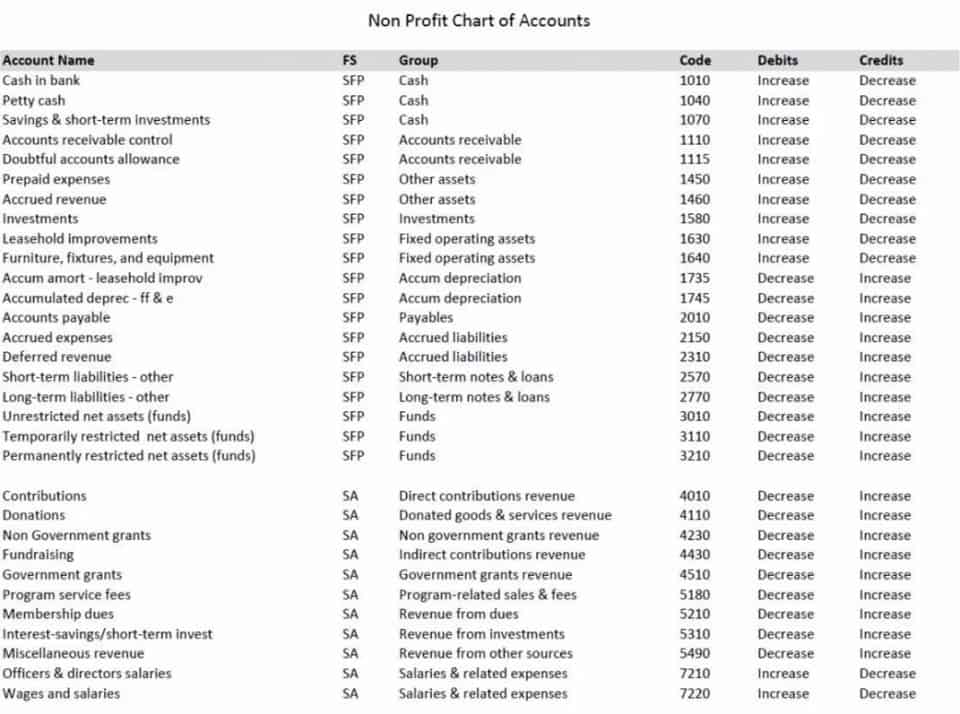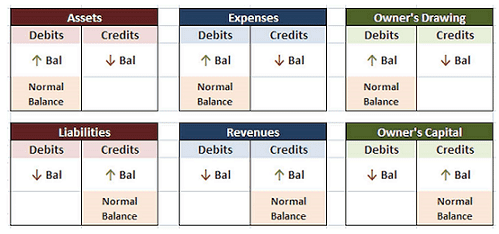Even if you hire someone, it’s still a good idea to understand the tax implications and best practices for bookkeeping and accounting in your private practice. While handling your bookkeeping yourself might seem like a money-saver, partnering with a bookkeeper or accountant who understands the unique needs of therapy practices can make a world of difference. These experts help you stay on top of your finances, so you can focus more on your clients and less on paperwork. To stay compliant, use cloud-based accounting software like QuickBooks Online, which offers data encryption and secure access controls that help protect sensitive financial information. Additionally, platforms like SimplePractice and TherapyNotes are designed for therapists, providing HIPAA-compliant solutions for patient billing and financial management.
Hire a CPA or full-service accounting solution to handle your books
The learning curve for accounting software varies according to which particular one you use. With the intricacies of VAT, our accountants provide expert advice on VAT-related issues, from determining if registration is necessary to understanding how VAT impacts pricing and fees for therapy services. Sign up to receive our weekly newsletter and learn more about small business taxes and accounting from our experienced specialists.
Accountants help you manage your business better
Xero offers the flexibility and functionality to support bookkeeping for therapist the needs of a solo therapist seeking simplicity or a group practice requiring more advanced financial solutions. Wave’s free features include tracking and categorizing transactions, creating basic financial reports, and preparing for tax season, which helps you stay organized and save time. For a therapist in private practice, especially if you’re new to managing your own books, this can be a game-changer. With Wave, you can get a clear picture of your practice’s performance without any upfront software costs. We specialize in bookkeeping services for therapists, providing you with tax-ready financial records and valuable insights to support your practice’s growth.
Getting Your Bookkeeping Set Up
This financial insight is beneficial for the establishment of realistic budgets, the planning of future investments, and the identification of areas where costs can be optimized. Good financial records are the cornerstone of growing a therapy practice, regardless of whether it involves expanding operations or adding new staff. Ultimately, having a grasp on your therapy business finances allows you to make strategic decisions that lead to long-term success. Therapists, like all business owners, must abide by federal, state, and local tax requirements. True bookkeeping ensures the therapist is compliant with tax norms by maintaining meticulous retained earnings records of income and expenditures and creates audit trails, especially during tax season.
Modern Bookkeeping + Tax Advisory Built for the Wellness Community
They have additional knowledge in taking those reports to come up with a plan for your tax filings. Your accountant is typically a tax strategist and the person who files your business taxes. Under the Health Insurance Portability and Accountability Act (HIPAA), mental health professionals face strict data security regulations.
- However, you’re limited in the number of users who can share QBO with you, whereas other options (like Xero) don’t set a limit.
- It depends on your different types of income and expenses, and the information you need to record.
- We talk to you about how you use your books, what you expect of them , how to link your bank accounts, and how granular you like your financial statements to be.
- Additionally, QuickBooks provides a comprehensive set of tools that can be customized to meet the unique needs of therapy practices.
- They play an essential role in advising on tax-efficient structures and strategies, reducing the burden of compliance, and maximizing financial efficiency.
We understand the nuances of therapy-related income and expenses, ensuring accurate https://www.bookstime.com/ and organised records from a self-assessment tax return to intricate taxation aspects. The platform includes essential tools for invoicing, expense tracking, and bank reconciliation, enabling therapists to keep their financial records organized and accurate. Its automated features, such as recurring invoicing and transaction categorization, save time and reduce the risk of errors. These tools are helpful for therapists managing their own books alongside their clinical responsibilities.
Explore the Heard Resource Hub
Xero flouts these best practices, and while its financial reports are simpler to understand if you have limited accounting knowledge, it seems as though they aren’t designed to be shared with professionals. If you already have a firm foundation in bookkeeping, and you can set aside a few hours a week to learn how the software works, QBO may be a good choice for your therapy practice. The Simple Start or Essentials packages should cover the needs of most therapists. A team of bookkeeping professionals categorizes all your transactions for you, prepares your financial reports, and can answer any questions you may have about your books. When you bill a customer, you’ll need to manually enter it into accounts receivable using your accounting software. When you receive payment, the software should automatically import the transaction from your bank account.




